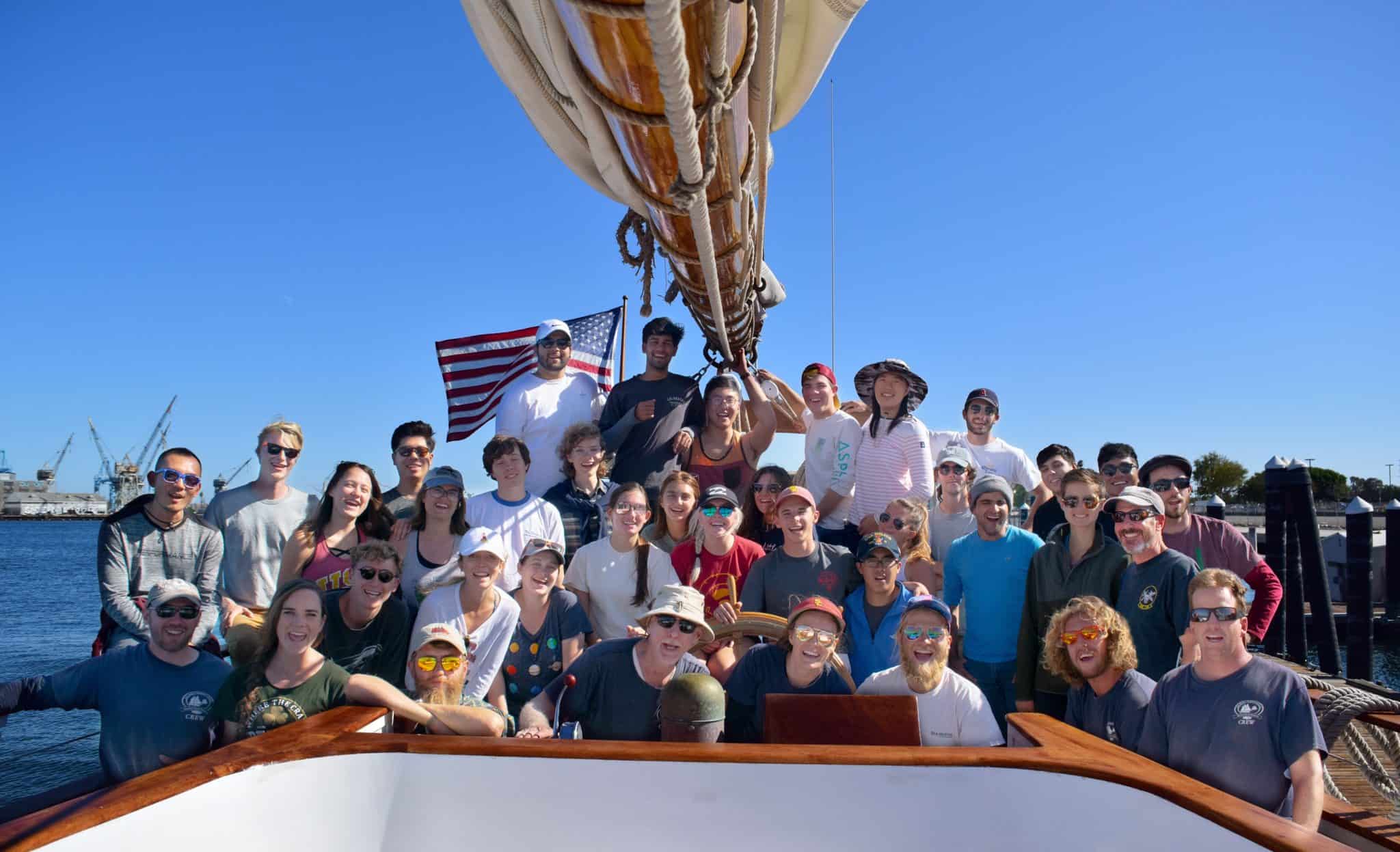Charting Your Course to Success: The Benefits of a Nautical Science Course

Image Source: Google
Are you someone who is fascinated by the vastness of the ocean and the art of navigating through its waters? If so, a nautical science course might just be the perfect fit for you. Nautical science is a field that encompasses the study of navigation, seamanship, and maritime operations. Whether you dream of becoming a captain of a ship, working in the maritime industry, or simply want to expand your knowledge of the sea, enrolling in a nautical science course can open up a world of opportunities for you.
The Benefits of Studying Nautical Science
1. Practical Skills
- Learn how to navigate through open waters using nautical charts and instruments.
- Gain hands-on experience in seamanship, including tying knots, handling ropes, and maneuvering a vessel.
- Acquire knowledge of maritime regulations and safety procedures necessary for a career at sea.
2. Career Opportunities
- Prepare for a variety of careers in the maritime industry, such as ship captain, navigation officer, marine pilot, or maritime operations manager.
- Work on commercial vessels, cruise ships, research vessels, or even in the offshore oil and gas industry.
- Explore opportunities for advancement and specialization within the maritime sector.
3. Global Perspective
- Develop a deeper understanding of global trade and the interconnectedness of the world through maritime transportation.
- Gain exposure to different cultures and regions as you travel to various ports of call around the world.
- Expand your horizons and broaden your worldview through experiences on the high seas.
Why Choose a Nautical Science Course?
Enrolling in a nautical science course can provide you with a unique set of skills and experiences that can set you apart in the maritime industry. Here are some reasons why you should consider pursuing a nautical science course:
1. Specialized Knowledge
- Gain in-depth knowledge of ship operations, navigation techniques, maritime law, and maritime safety.
- Develop practical skills that are highly valued in the maritime industry, such as ship handling, bridge resource management, and electronic navigation.
2. Hands-On Training
- Benefit from hands-on training aboard training vessels or simulators to acquire practical experience in real-life scenarios.
- Learn from experienced instructors who have spent years working in the maritime industry and can provide valuable insights and guidance.
3. Networking Opportunities
- Connect with industry professionals, alumni, and fellow students to build a strong network of contacts within the maritime sector.
- Attend career fairs, industry events, and guest lectures to expand your professional network and explore job opportunities.
Conclusion
Embarking on a nautical science course can be the first step towards a rewarding and fulfilling career in the maritime industry. Whether you are drawn to the thrill of navigating the open seas or are passionate about global trade and transportation, studying nautical science can equip you with the skills and knowledge needed to succeed in this dynamic field. So, chart your course to success today by enrolling in a nautical science course and setting sail towards a bright future on the high seas.
